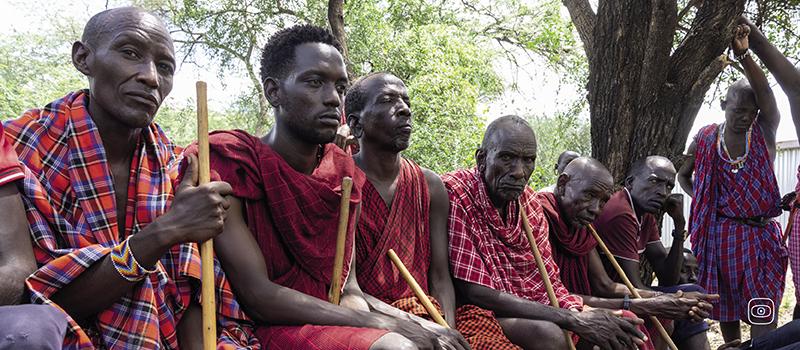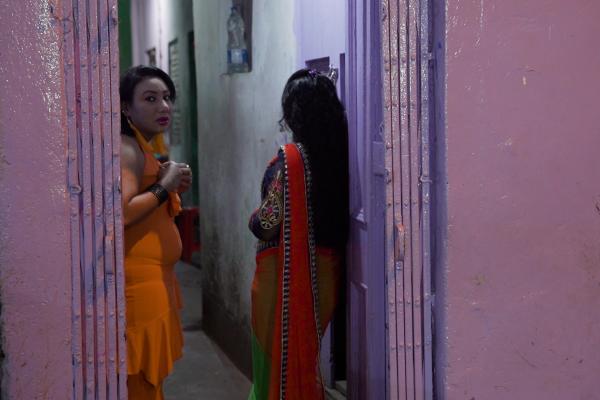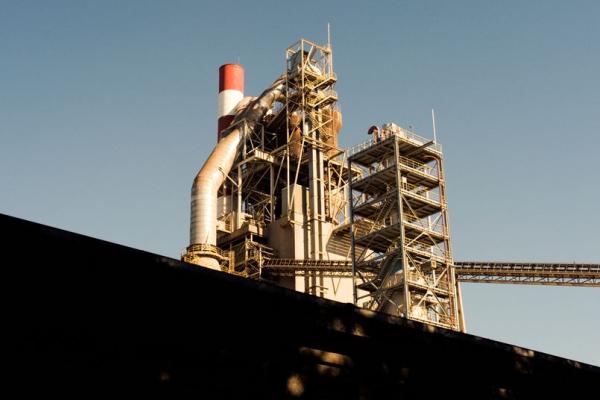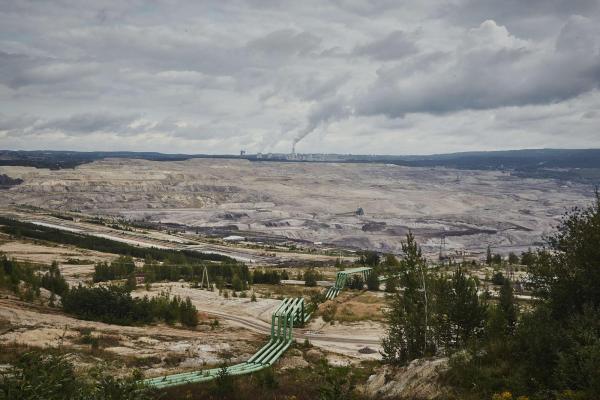International carbon-credit schemes — often touted as a win-win solution for the climate — are offering to pay pastoralist communities, including the Maasai in Kajiado, to limit their use of land in exchange for long-term carbon contracts. Yet many in these communities have little understanding of what ‘carbon’ actually means.
Locally, such initiatives are commonly referred to as watu wa hewa — Swahili for “people of the air” — reflecting the belief that these projects involve selling air. Although promoted as environmentally friendly, some of these schemes are giving rise to land disputes, curtailing traditional livestock grazing practices, and prompting fears of human rights violations.
Local communities, along with international NGOs, have condemned the process as a form of carbon colonialism — whereby Africa’s land and people are exploited to offset the emissions of wealthier nations. Meanwhile, in burgeoning green finance centres like the Netherlands, companies are pouring money into offset projects, some of which operate without adequate oversight or genuine community consent.
Image by Kate Stanworth: Members of Oldonyonyokie Group Ranch gather under a tree to discuss carbon credit schemes, Kajiado County, Kenya.







